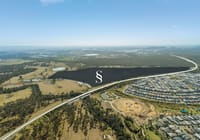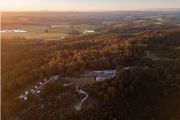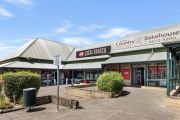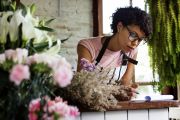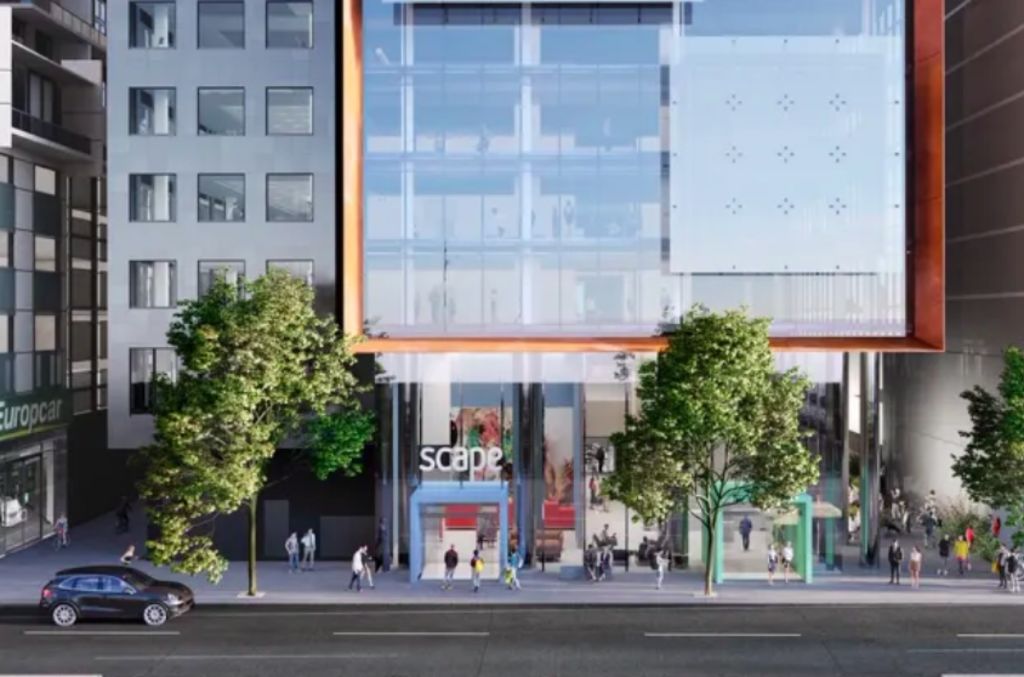
Student digs landlord ready to take on corona cases
The country’s largest provider of student accommodation, Scape, could free up building space across its east coast portfolio to accommodate COVID-19 cases as its own occupancy tightens.
Under the plan, Scape could consolidate student residents into some buildings in order to leave entire facilities vacant and available in Melbourne, Sydney and Brisbane.
Those buildings could then be devoted to housing coronavirus self-isolation cases, executive chairman Craig Carracher said.
A key hurdle was amending existing state-based tenancy laws, which prevented landlords from unilaterally moving residents.
“I can’t as a landlord tell my student ‘you’ve got to terminate your tenancy and take up an alternative tenancy’,” Mr Carracher told The Australian Financial Review.
Scape has about 7000 beds in its portfolio and has its foot on another 7000 acquired through the $2 billion purchase of the Urbanest portfolio, the largest single deal in the commercial property last year.
The Foreign Investment Review Board had not yet approved that acquisition but the green light was expected within days.
With a large exposure to the overseas student market, Scape moved early in its response to the looming threat of COVID-19, putting returning students into voluntary isolation in its facilities from January 24.
Most rooms in Scape facilities were self-contained studios with individual ventilation systems and non-opening windows.
Stringent cleaning measures were introduced, along with identification checks, extra security and screening for all arriving residents, including arrival forms to monitor and track historical travel dating to January 10.
Scape had about 100 students still in isolation. None of them had tested positive.
Mr Carracher said: “We’ve got security guards, nurses, no visitors allowed in the buildings, only residents, hygiene cleans, deep cleanses.
“It’s probably the safest place to be right now. I’ve said that to my family: ‘We should just go in to one of our buildings’. The germs literally can’t get in.”
Before the virus escalated, Scape was about 85 per cent full. Some students had been prevented from arrival during the initial bans on travellers from China.
Since then, more students had returned home to their worried parents, leaving Scape at below 70 per cent. Mr Carracher expected it would fall to about 55 per cent to 60 per cent.
Scape’s proposal comes as hotels are being considered for their potential to accommodate coronavirus patients as they try to stave off ruin following a collapse in bookings because of government-imposed travel bans.
NSW, Victoria, South Australia and Western Australia have opened talks with operators and industry groups, as occupancy rates at many hotels plummet below 10 per cent and mass lay-offs begin.
This week, ASX-listed Cromwell struck a short-term lease agreement with the South Australian government for its Wakefield Hospital site to be used as an isolation centre for the COVID-19 pandemic.




